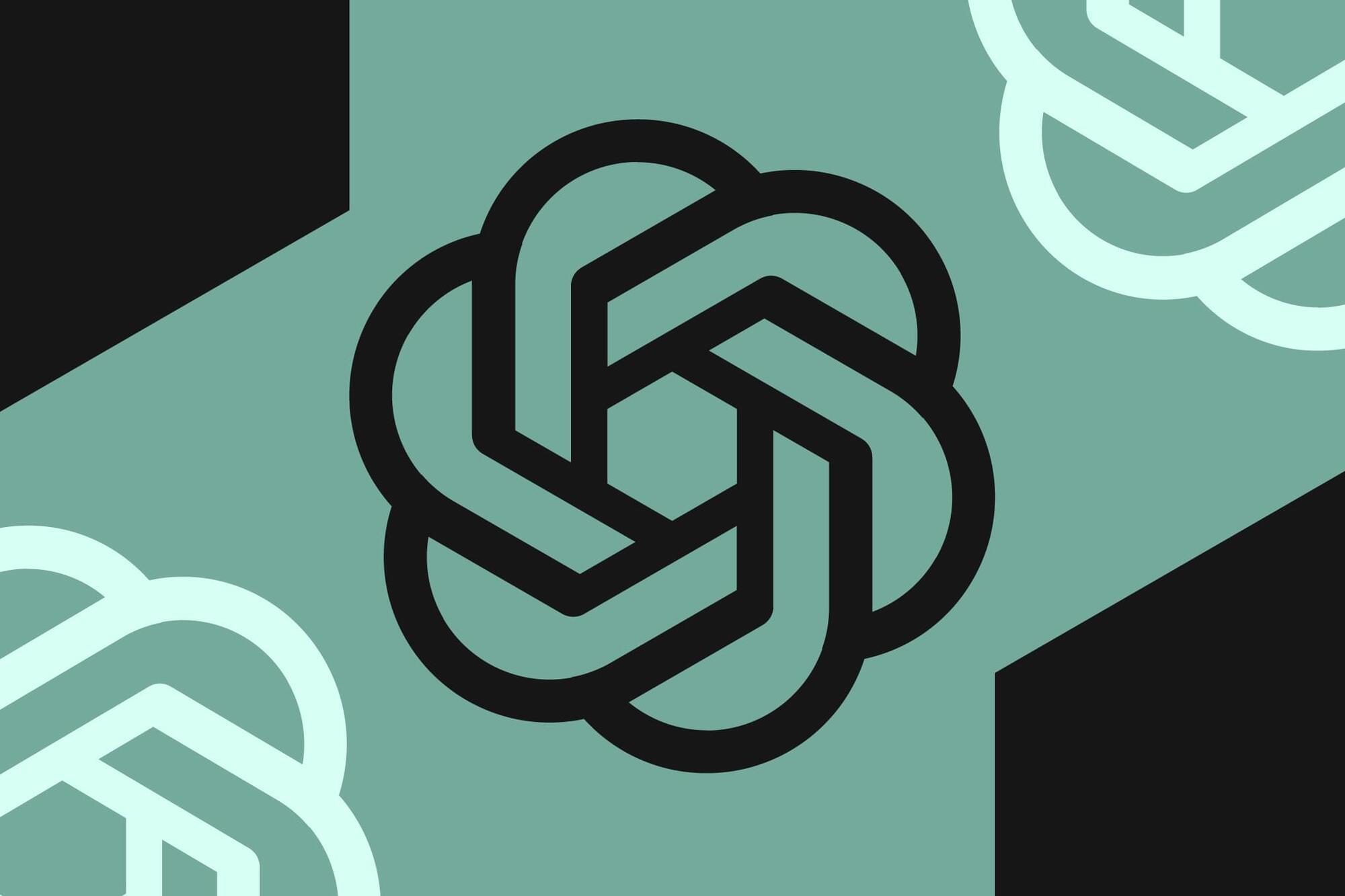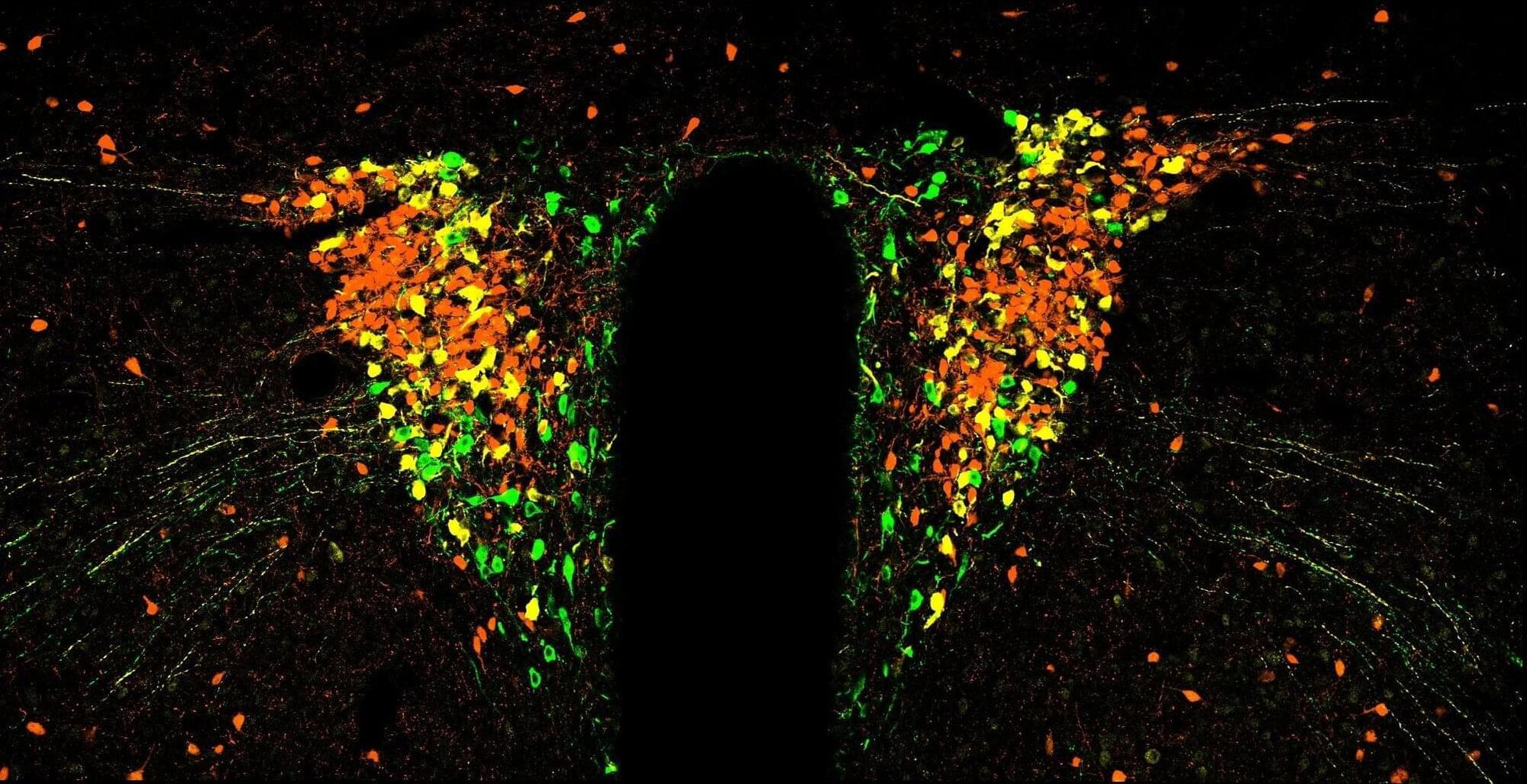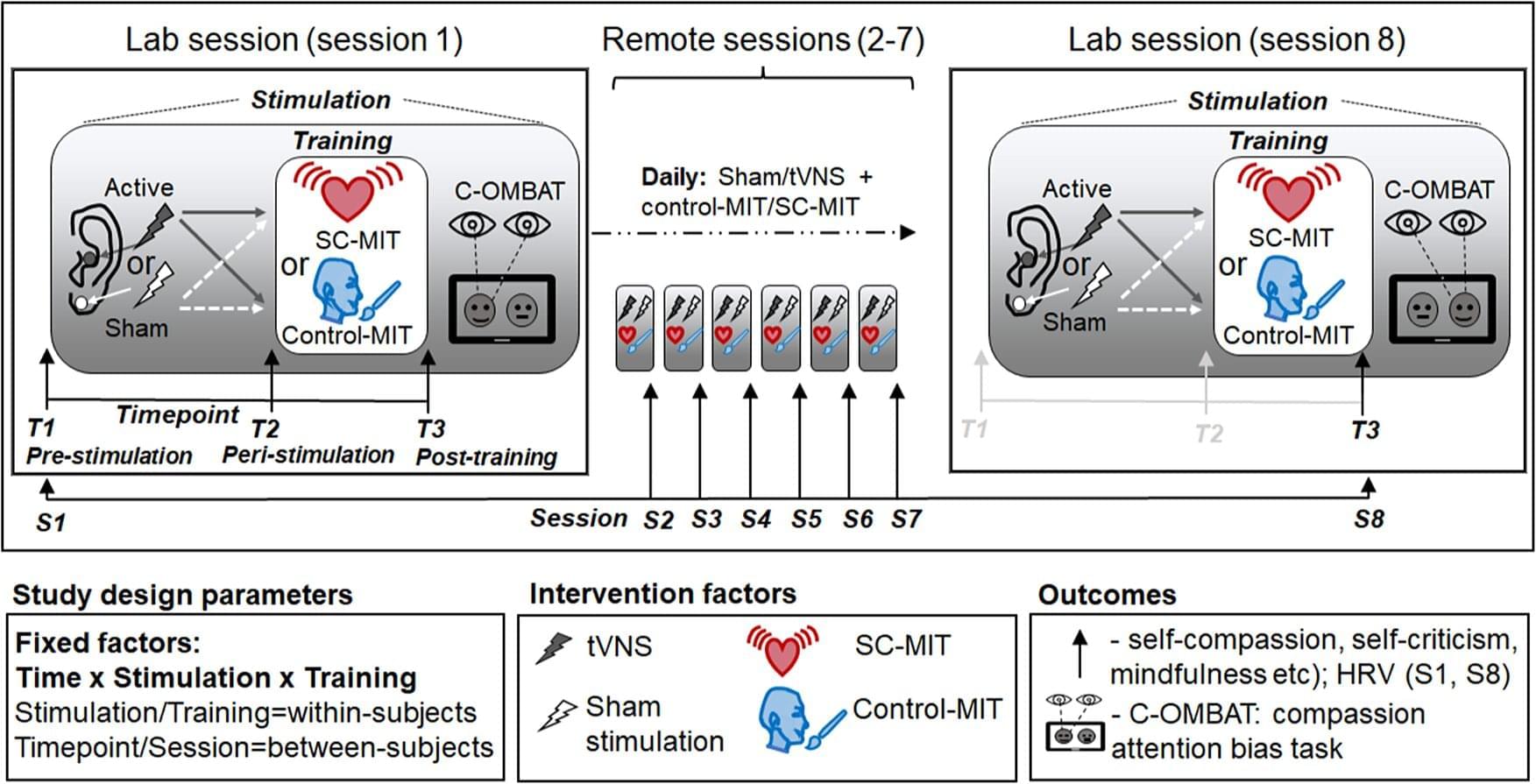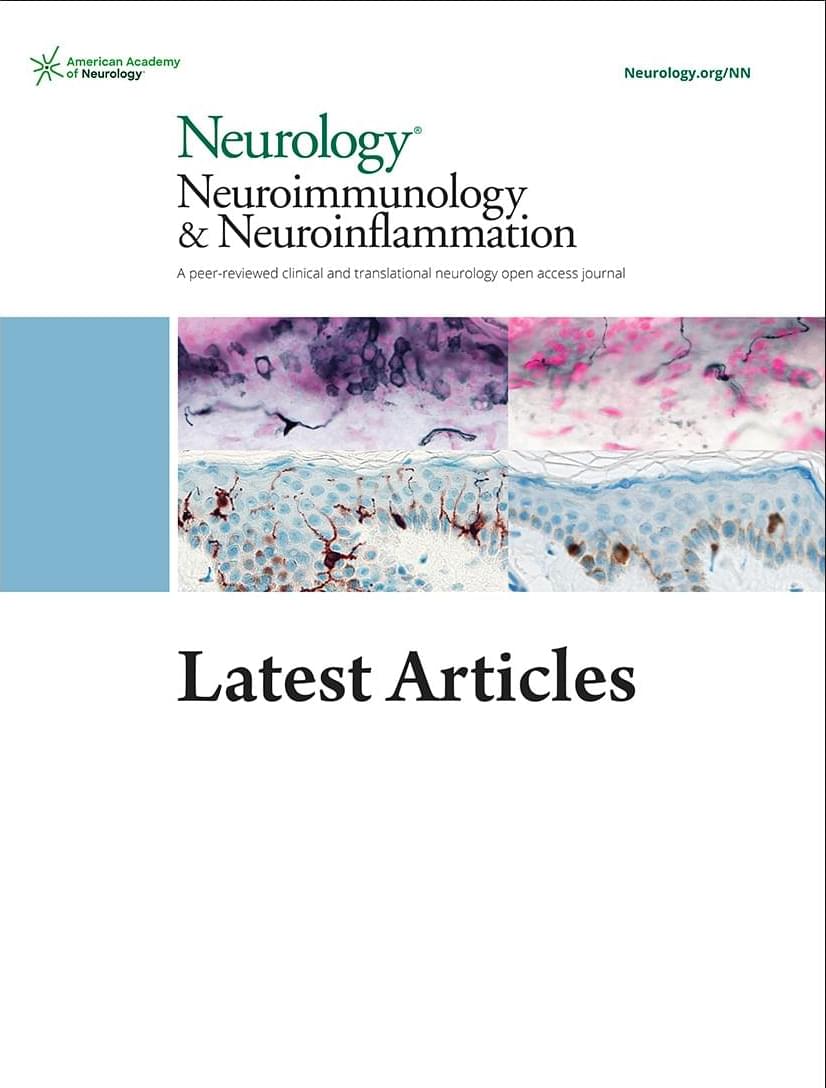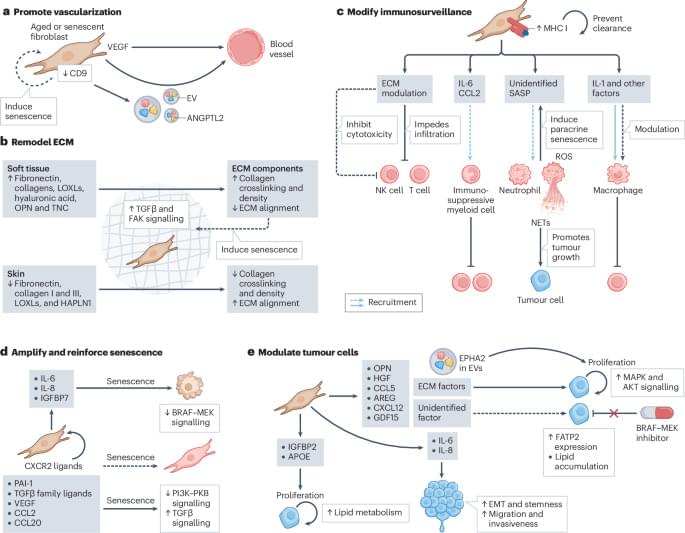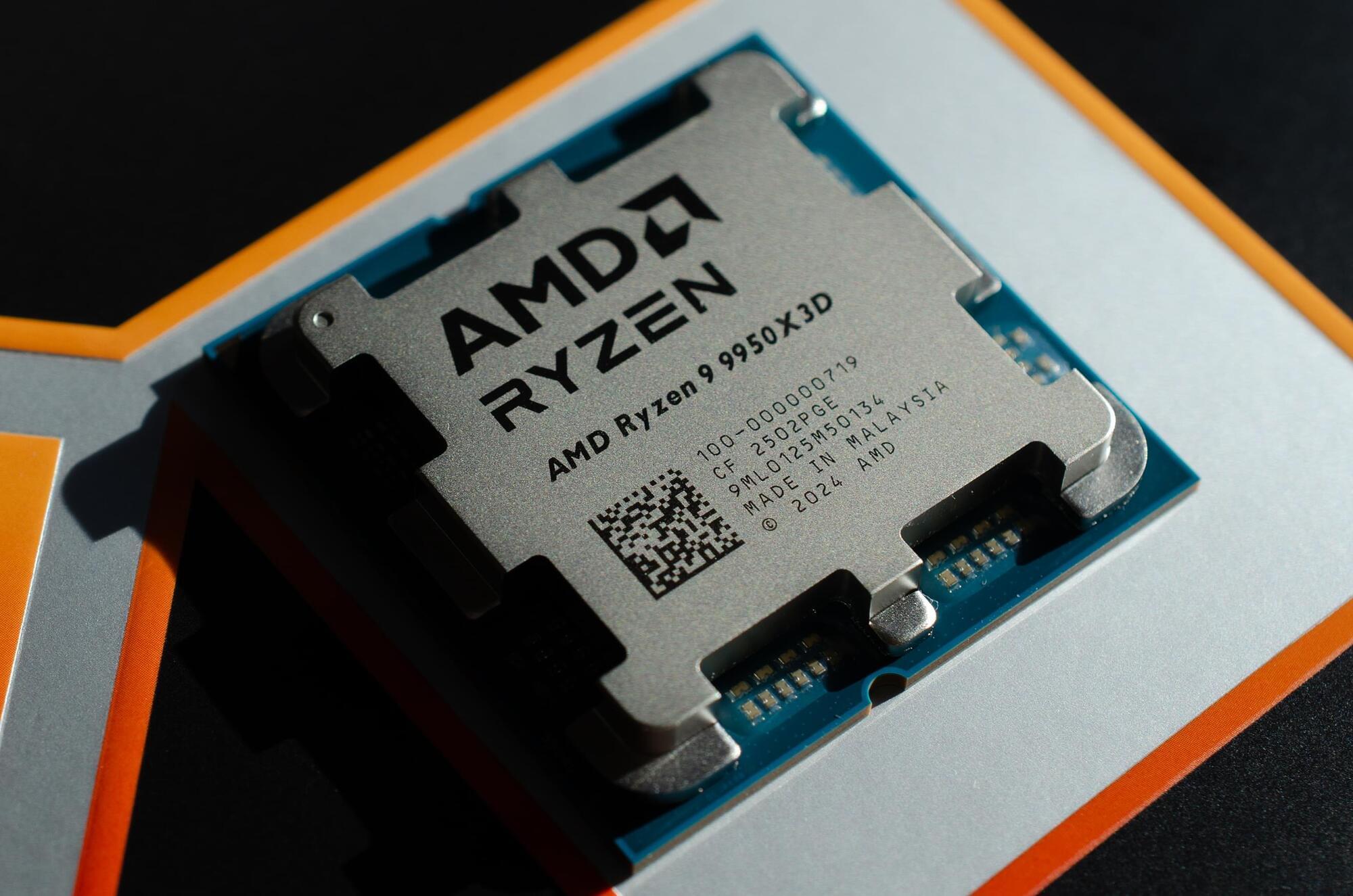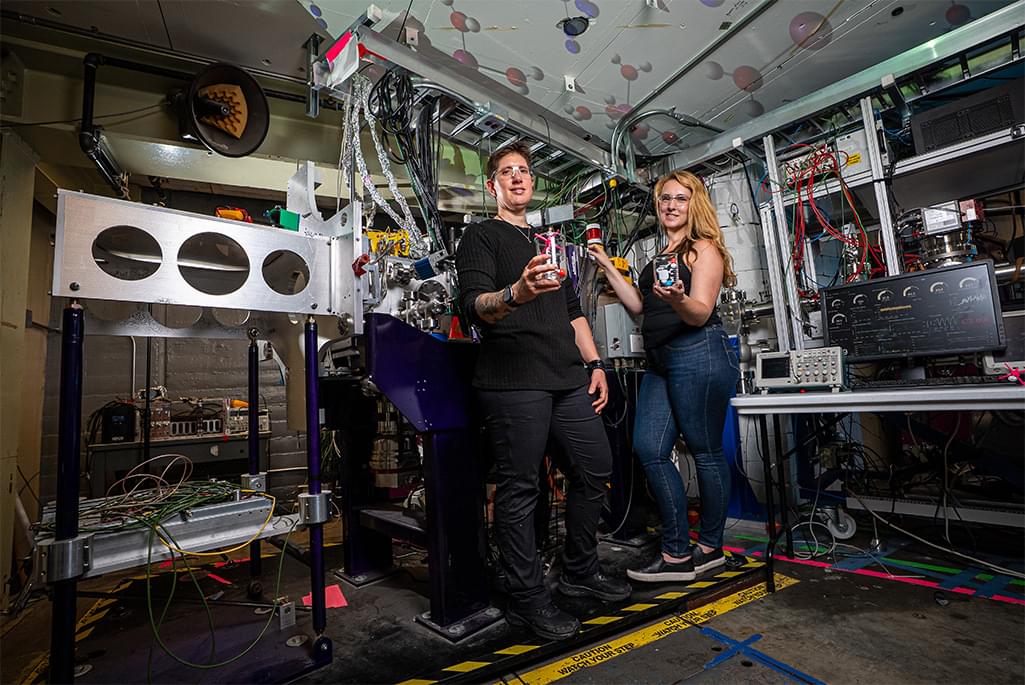Elon Musk’s AI company has officially rolled out Grok Imagine, xAI’s image and video generator, to all SuperGrok and Premium+ X subscribers on its iOS app. And true to form for Musk, who positions Grok as an unfiltered, boundary-pushing AI, the generator allows users to make NSFW content.
Grok Imagine, which promises to turn text or image prompts into a 15-second video featuring native audio, has a “spicy mode” that allows users to generate sexually explicit content, including partial female nudity. There are limits to how explicit one can get. Many of our spicier prompts — made in the name of Journalism! — generate blurred-out images that are “moderated” and therefore inaccessible. We were, however, able to generate semi-nude imagery.
The NSFW content is unsurprising for xAI, given the release last month of a raunchy, hyper-sexualized anime AI companion. But just as Grok’s unrestrained nature was entertaining until it started spewing hateful, antisemitic, misogynistic content, Grok Imagine could be poised to bring its own set of unintended consequences.

